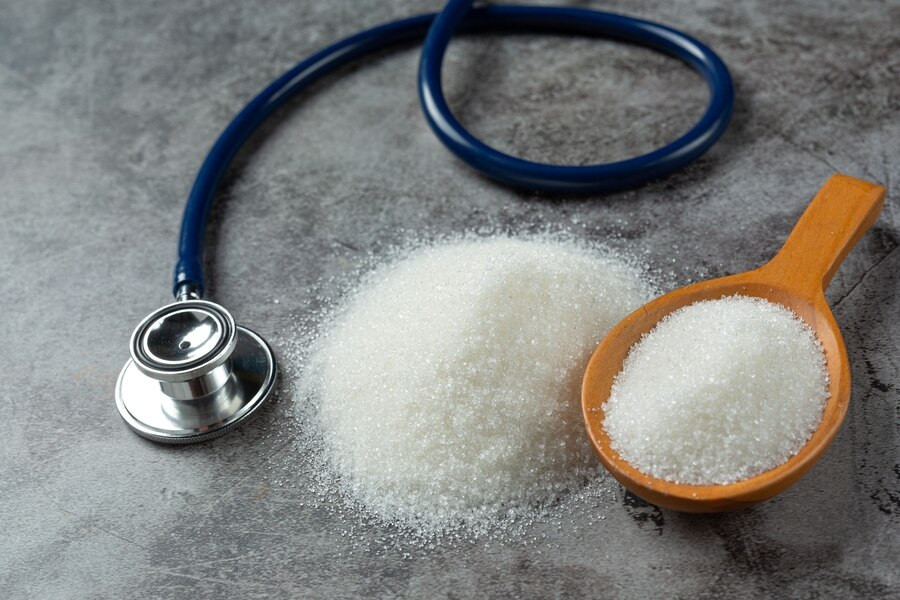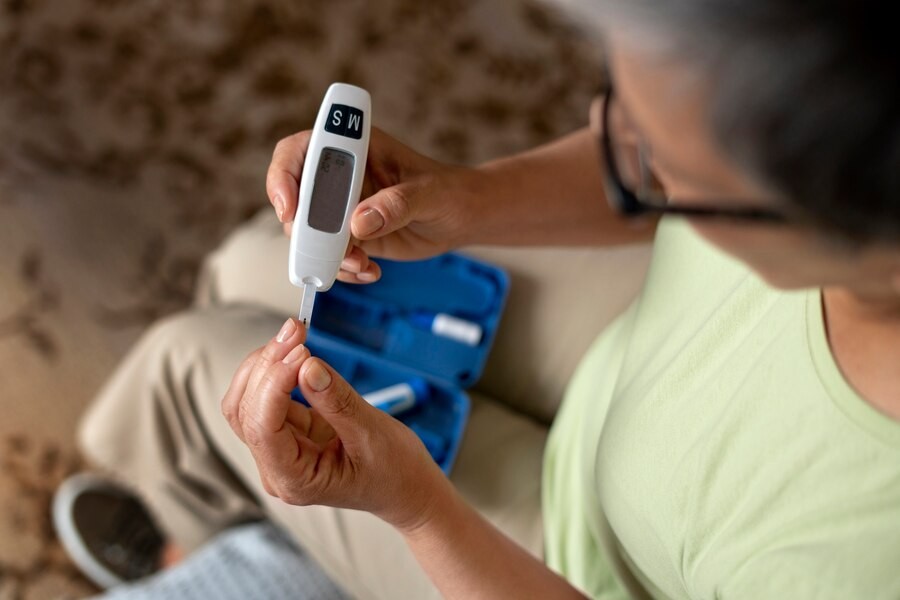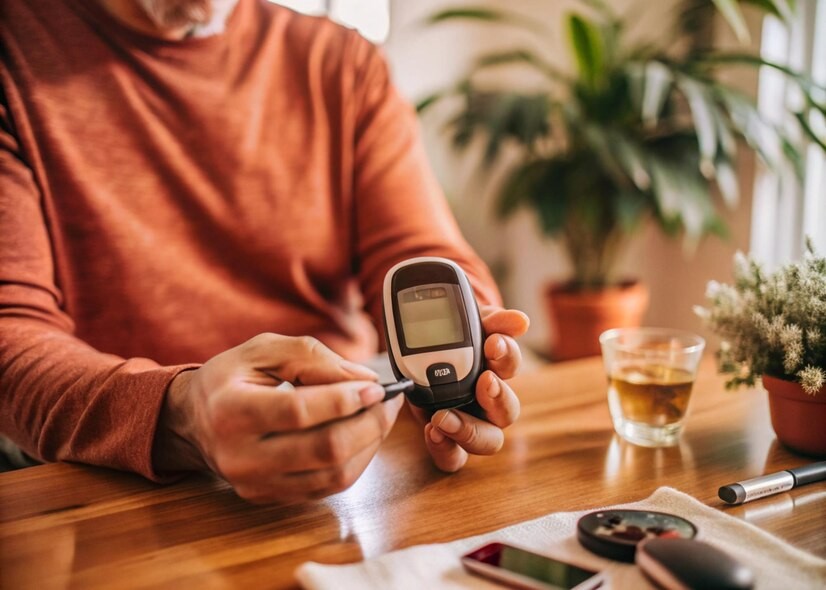Insulin is an essential hormone produced by the pancreas. It regulates blood sugar levels and converts glucose (found in food and beverages) into energy.
Insulin resistance occurs when your body does not respond well to insulin or becomes less sensitive to it. Insulin resistance is the first step towards developing type 2 diabetes, which is linked to an increased risk of heart and vascular disease.
How to improve insulin sensitivity
Improving insulin sensitivity is critical because insulin plays a key role in regulating blood sugar levels and glucose metabolism in the body. Here are some natural ways you can improve insulin sensitivity.
Get sufficient sleep
Research shows that lack of sleep can reduce insulin sensitivity and contribute to insulin resistance. People who are sleep deprived have lower glucose tolerance, which makes it difficult to regulate blood sugar levels after eating carbohydrate-rich foods.
Sleep deprivation can also increase appetite, particularly for sweets and simple carbohydrates.
Regular exercise
Regular exercise improves insulin sensitivity and regulates blood sugar levels. When you exercise, your muscles require more energy. This increased activity causes muscle cells to use more glucose, resulting in a decrease in blood sugar levels.
Physical exercise also stimulates the pancreas to produce more insulin, thus improving insulin sensitivity.
Read more: Understanding Insulin Hormones, How It Works And Conditions Of Insulin Imbalance
Managing stress
When the body is stressed, it produces stress hormones like cortisol and adrenaline. This response aims to give the body a boost of energy and increase its alertness. However, the release of these stress hormones can also affect the regulation of blood sugar levels, especially in people with diabetes or who are at risk of developing diabetes.
Prolonged stress causes insulin resistance, in which the body's cells become less sensitive to insulin. Stress management is essential for improving insulin sensitivity and maintaining blood sugar levels. To help change negative thought patterns that can cause stress, you could try meditation, regular exercise, good time management, or cognitive behavioral therapy.
Lose weight
Being overweight, especially fat accumulation in the abdominal area, can cause insulin resistance and increase the risk of type 2 diabetes. Losing weight is an important step toward increasing insulin sensitivity and lowering the risk of type 2 diabetes.
Research shows that losing about 5–10% of total body weight can significantly improve blood sugar control and insulin sensitivity.
Read more: Insulin Resistance and its Dangers to Your Health
Increase fiber consumption
Fiber can reduce glucose absorption, allowing blood sugar levels to be controlled and insulin sensitivity to improve. Fiber-rich foods include vegetables, fruits, whole grains, legumes, and cereals.
Including more fiber in your daily diet can help support blood sugar health and prevent insulin-related issues.
Limiting added sugar intake
Limiting your intake of added sugars is a good way to improve insulin sensitivity and keep blood sugar stable. Always read nutrition labels, limit sugary and soft drinks, avoid processed foods, avoid sweets in the morning, replace snacks with healthier options, and keep total sugar intake to no more than 10% of total daily energy intake.
It is very important to consult with your doctor about dietary changes, physical activity, and the use of supplements to improve insulin sensitivity.
If you need medical advice or consultation, you can either visit a doctor or make use of the consultation features that are available in the Ai Care application by downloading the Ai Care application from the App Store or Play Store.
Looking for more tips and health tricks, first aid, and home remedies? Click here!
- dr Nadia Opmalina
Ryan Raman, MS, RD (2023). Top Natural Ways to Improve Your Insulin Sensitivity. Available from: https://www.healthline.com/nutrition/improve-insulin-sensitivity#TOC_TITLE_HDR_2
Diabetes.co.uk. Insulin Sensitivity. Available from: https://www.diabetes.co.uk/insulin/insulin-sensitivity.html
Cleveland Clinic (2022). Insulin. Available from: https://my.clevelandclinic.org/health/articles/22601-insulin
Danielle Pachecho (2023). Sleep and Blood Glucose Levels. Available from: https://www.sleepfoundation.org/physical-health/sleep-and-blood-glucose-levels
Laura Beil (2023). How Sleep Affects Your Blood Sugar. Available from: https://www.webmd.com/diabetes/sleep-affects-blood-sugar
Kaitlin Vogel (2022). 8 Weeks of Exercise improve Insulin resistance and aid in Weight Loss. Available from: https://www.healthline.com/health-news/8-weeks-of-exercise-improves-insulin-resistance-aids-in-weight-loss
Diabetes UK. Stress and Diabetes. Available from: https://www.diabetes.org.uk/guide-to-diabetes/emotions/stress
Yohannes Tsegyie Wondmkun (2020). Obesity, Insulin Resistance, and Type 2 Diabetes: Associations and Therapeutic Implications. Available from: https://www.ncbi.nlm.nih.gov/pmc/articles/PMC7553667
CDC (2022). Fiber: The Carb That Helps You Manage Diabetes. Available from: https://www.cdc.gov/diabetes/library/features/role-of-fiber.html
Health Direct (2021). Sugar. Available from: https://www.healthdirect.gov.au/sugar












